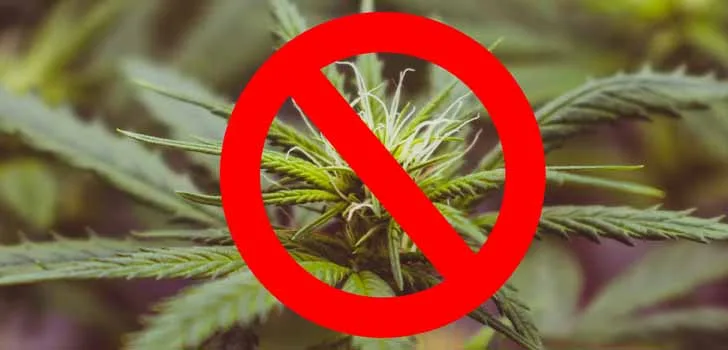Oklahoma voters have opted not to legalize cannabis in a special election held on Tuesday.
Yesterday, Oklahomans cast their ballots to decide the fate of State Question 820, which would have legalized cannabis for adults.
With 90 percent of the ballots counted on Tuesday evening, 63 percent of voters chose not to pass SQ820.
Medicinal cannabis use remains legal in Oklahoma under SQ877, which voters approved in 2018 with a 56.18 percent yes vote.
While cannabis proponents lamented SQ820’s rejection, others were satisfied with the results.
The alcohol I consumed in my teens is the same alcohol I would drink today. The weed I smoked in my teens is radically different than today’s synthetic/chemically-altered weed. It does far more damage, faster. I don’t think it should be legal.
— RiverRoadPartners (@partners_road) March 8, 2023
And though some groups saw SQ820 as a potentially detriment, for various reasons, proponents considered it to be a societal benefit.
ACLU of Oklahoma Executive Director Ryan Kiesel says that SQ820 could have kept many Oklahomans out of the criminal justice system.
According to OK Justice Reform, approximately 60,000 Oklahomans have cannabis convictions or unexpunged dismissals on their records.
But despite SQ820’s defeat, Yes on 820 Campaign Spokesperson Michelle Tilley chose to keep a positive outlook.
“What I saw on this campaign is different people with different backgrounds and different political views coming together to do what was right for the state,” says Michelle Tilley. “We’re going to keep fighting this fight and keep pushing forward.”
Tilley says Oklahoma has 400,000 patients using cannabis legally through the state’s medical cannabis system.
According to Tilley, many thousands more are illegally using cannabis acquired from illicit sources.
Tilley says Oklahoma has a two-tiered system that allows some people to use cannabis but treats others like criminals.
She says disrupted lives and the cost of lost revenue from a legal market hurts everyone.
Tilley believes that a continued push for legalization will eventually produce change, as it has in 21 other states.
But regardless of Tuesday’s results, Tilley and others remain optimistic for the future.
“We didn’t get State Question 820 across the finish line tonight,” says Tilley. “But the fact remains that marijuana legalization is not a question of if, it’s a question of when.”

